Village life pivots around women. And – at the same time – they are often pushed to sidelines, quietened, ignored. Here we look at how and why that happens, and champion those working to change it. We would also feature LGBTQ individuals and communities who are all too often overlooked in rural India.
Gender
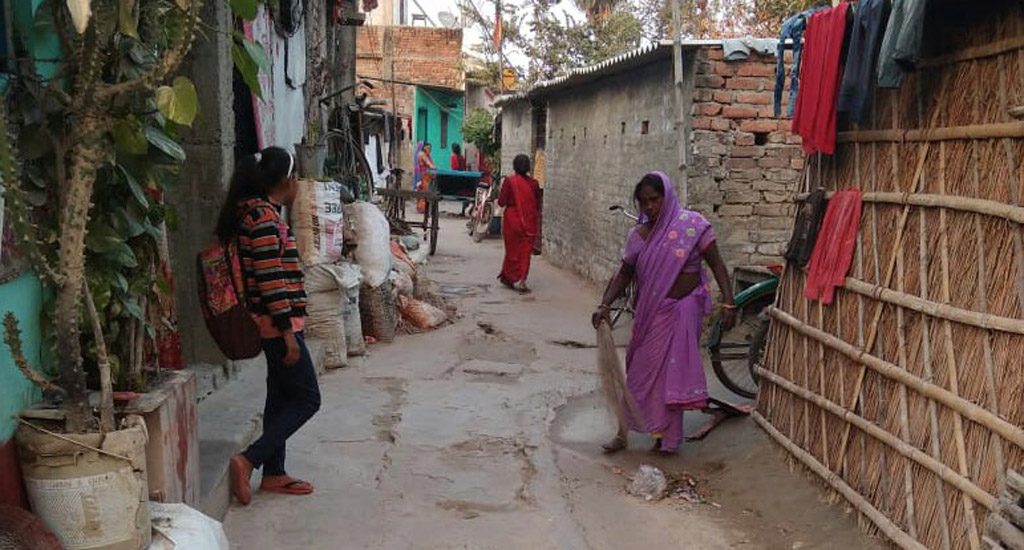
Rural women are unaware of the risk of breast cancer
Due to lack of information about breast cancer, misconceptions, shame and social stigma, women in villages risk their life by not getting screened and treated
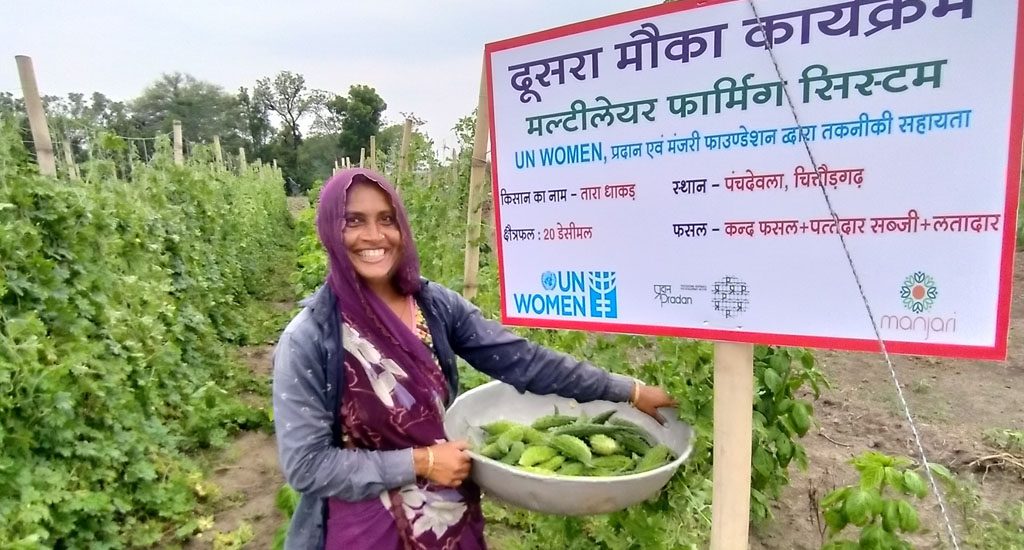
Through multi-tier farming women minimize risks, maximize profits
Growing a minimum of three crops per season, women farmers overcome climate risks. Staggered harvest from multiple crops help then earn through the year and overcome market risks
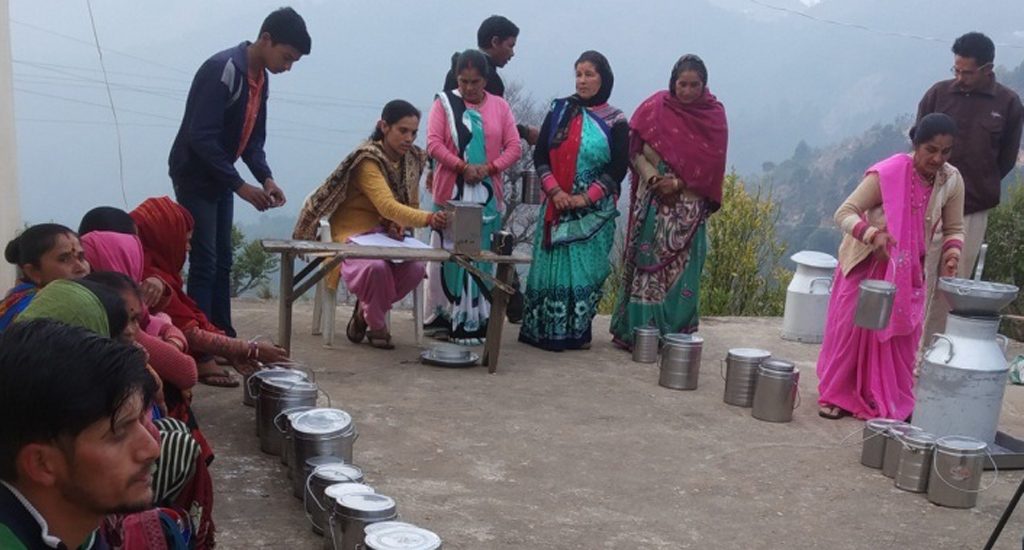
Dairy cooperative leads to empowerment of women
Women who were confined to their homes became dairy farmers as SHG members, subsequently forming a self-reliant cooperative. It has resulted in empowering them socially and financially
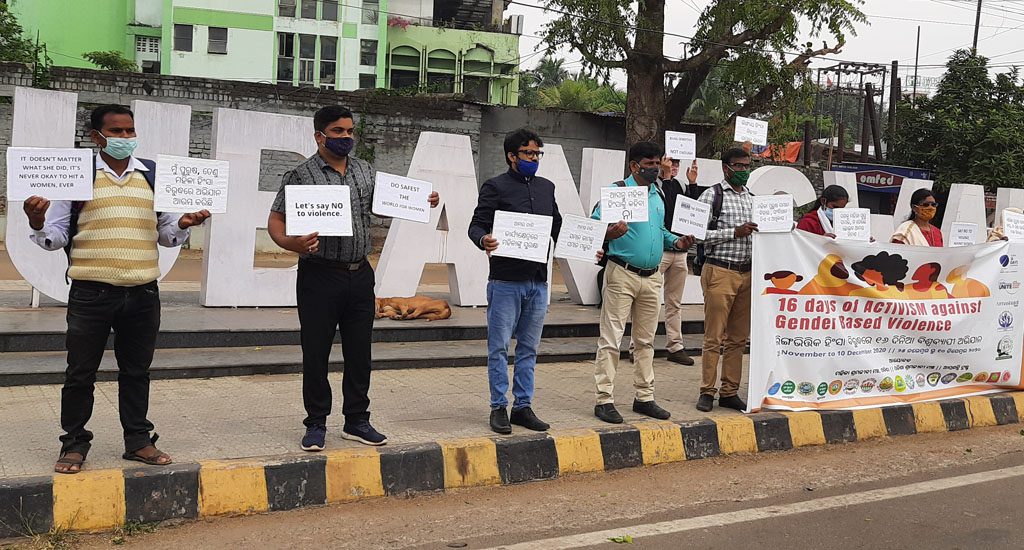
Odisha fares poorly in women’s safety, despite government efforts
Statistics reveal rampant gender-based violence and inequality in Odisha. A concerted multi-stakeholder effort is needed to bring about change, as government initiatives are slow in bearing results
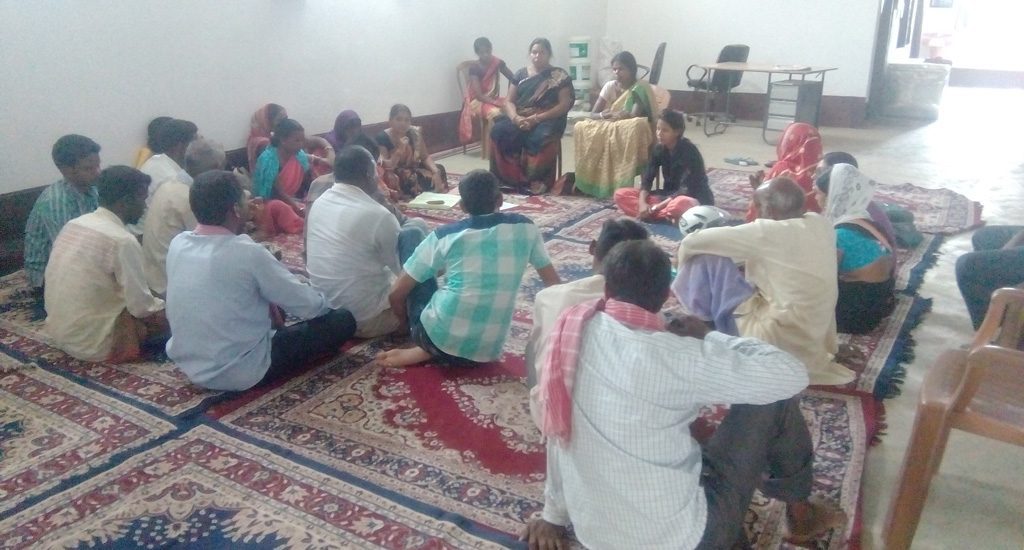
Women-run platform ensures gender justice to rural women
A socio-legal forum led by rural women resolves gender-based conflicts and injustice within families and communities, and helps women in villages lead a dignified life
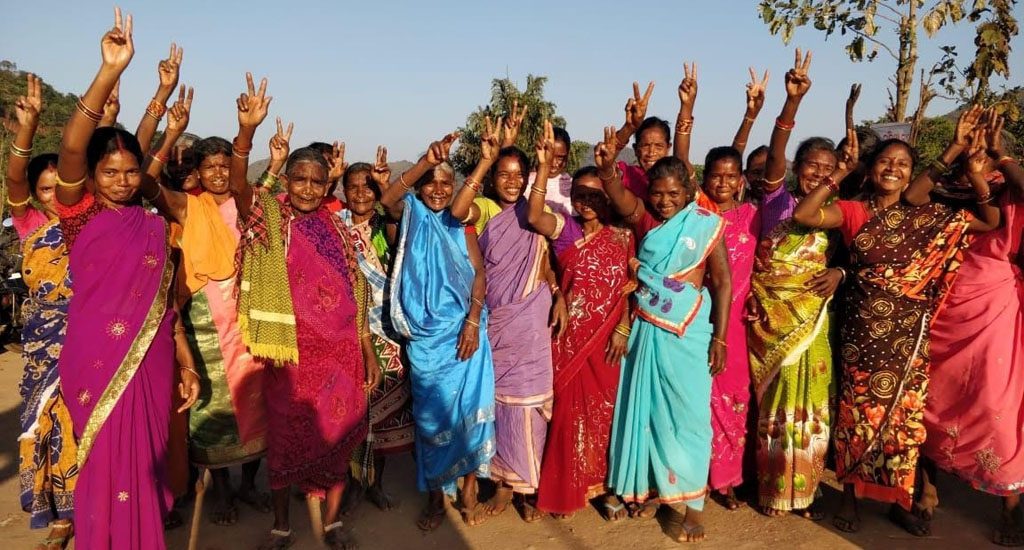
Women farmers leverage collective power to form producer company
Despite carrying out many farming activities, women lacked recognition. Coming together as a self-help group, they have found confidence to progress and use collective bargaining power to their advantage
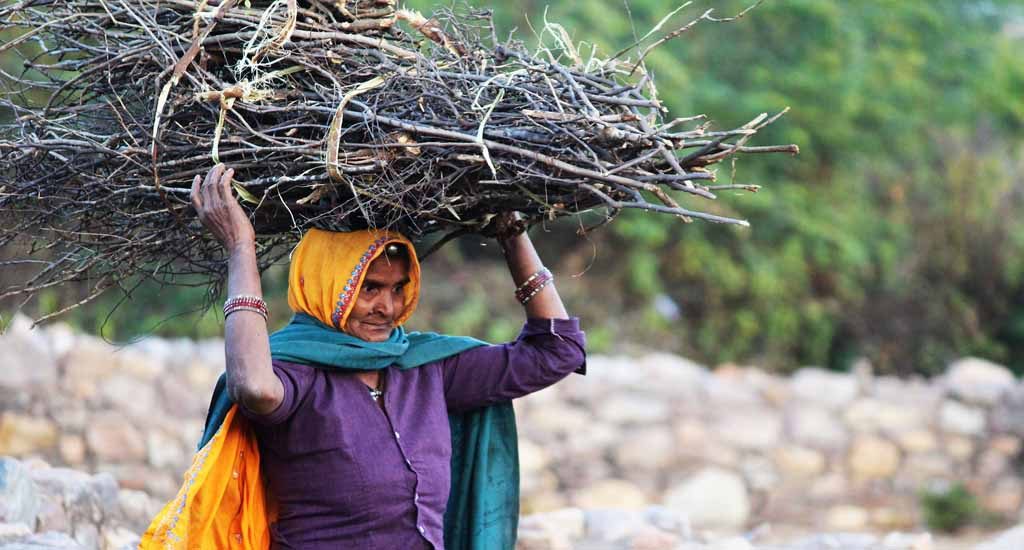
Patriarchy, sustainability and shame
In the present rural development model, a gender lens is lacking in the development designs, leaving women continue their demarcated role, with no progress or empowerment in sight
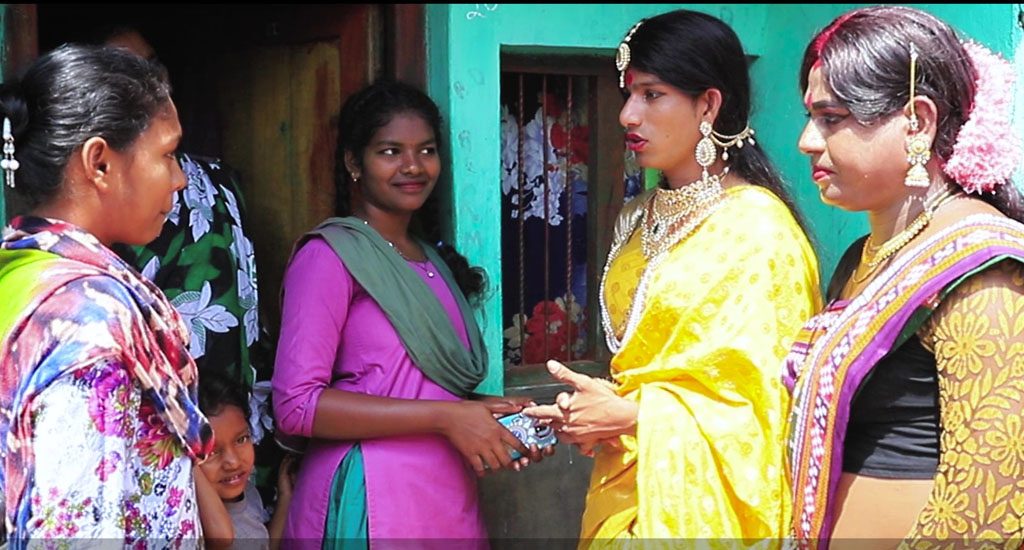
Transgenders fight blind beliefs about motherhood and childcare
Creating awareness through street plays and one-to-one counseling, trained transgender women leverage cultural practices to educate tribal women with poor health indicators, the importance of seeking health care
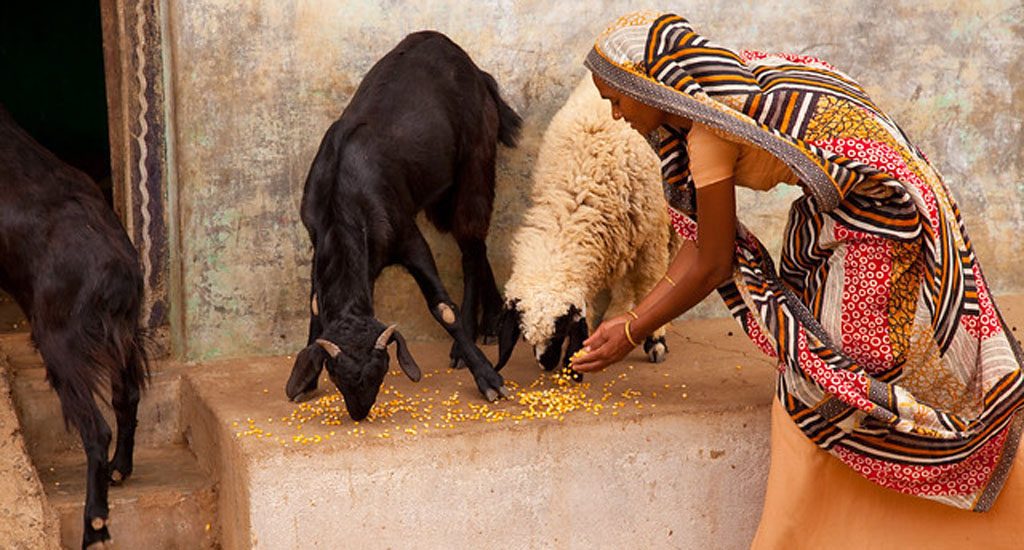
Women herders lose authority as pastoralism declines
Changes in farming practices and climate crisis affecting nomadic pastoralism, traditional herders opt for settled living. As they migrate for other jobs, women bear the burden of added responsibilities